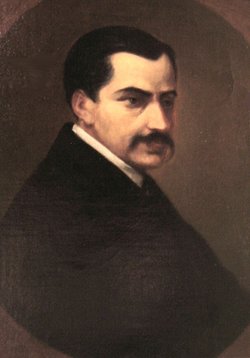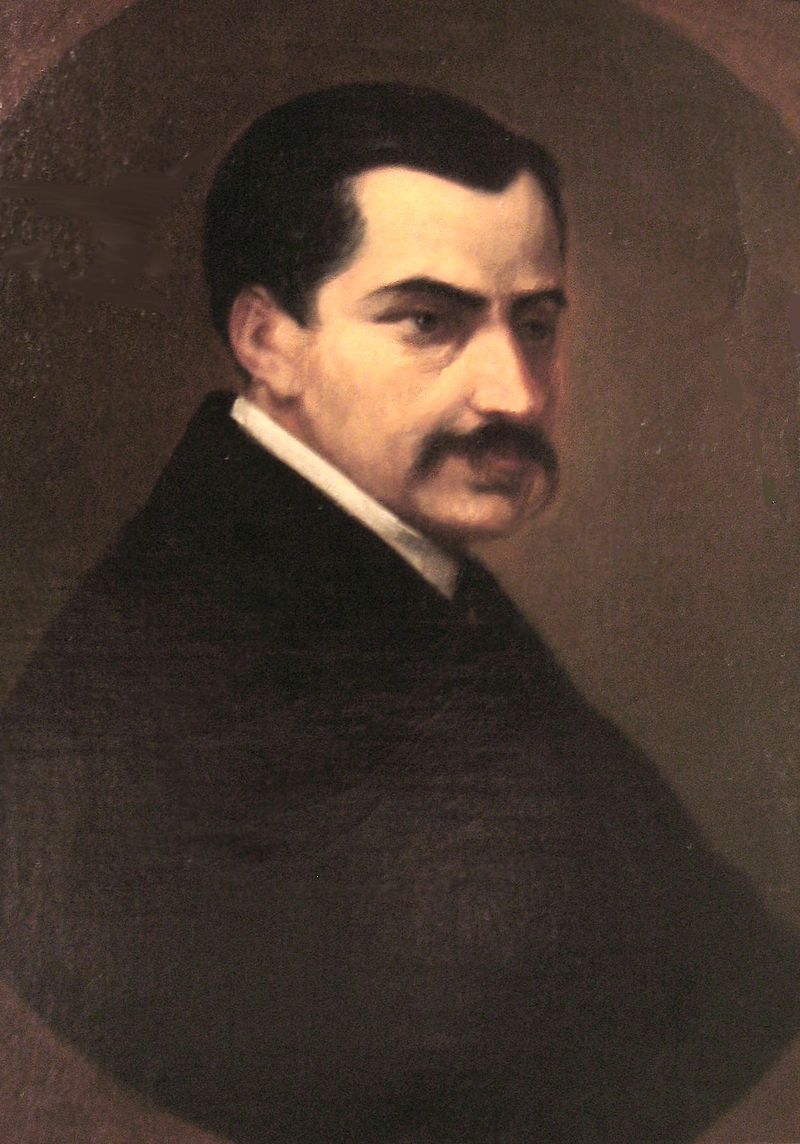He was a participant in the January Uprising and was one of the leaders [1] of the "Red" faction among the insurrectionists as a member of the Central National Committee (Komitet Centralny Narodowy) and the Provisional National Government (Tymczasowy Rz¹d Narodowy). After being exiled to Siberia by the Imperial Russian authorities, he became the first Siberian historian and biographer of other deported Poles.
Later, in exile in Paris, he was a journalist with such periodicals as Ojczyzna (The Fatherland) and Kurier Paryski (The Paris Courier), a founder of Polish self-assistance organizations, and a founder of the Polish National Museum in Rapperswil, in Switzerland's Canton of St. Gallen.
He wrote many historical and biographical works, articles and studies.
He died in 1887 in Stanis³awów. In 1980 his grave was repatriated from the closed Ivano-Frankivsk cemetery to Warsaw's Pow¹zki Cemetery.
He was a participant in the January Uprising and was one of the leaders [1] of the "Red" faction among the insurrectionists as a member of the Central National Committee (Komitet Centralny Narodowy) and the Provisional National Government (Tymczasowy Rz¹d Narodowy). After being exiled to Siberia by the Imperial Russian authorities, he became the first Siberian historian and biographer of other deported Poles.
Later, in exile in Paris, he was a journalist with such periodicals as Ojczyzna (The Fatherland) and Kurier Paryski (The Paris Courier), a founder of Polish self-assistance organizations, and a founder of the Polish National Museum in Rapperswil, in Switzerland's Canton of St. Gallen.
He wrote many historical and biographical works, articles and studies.
He died in 1887 in Stanis³awów. In 1980 his grave was repatriated from the closed Ivano-Frankivsk cemetery to Warsaw's Pow¹zki Cemetery.
Advertisement
Records on Ancestry
Sponsored by Ancestry
Advertisement


